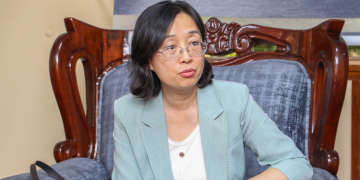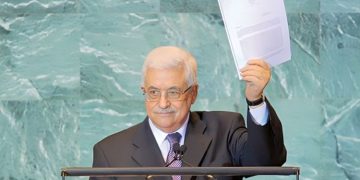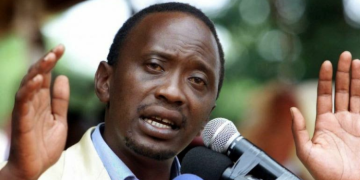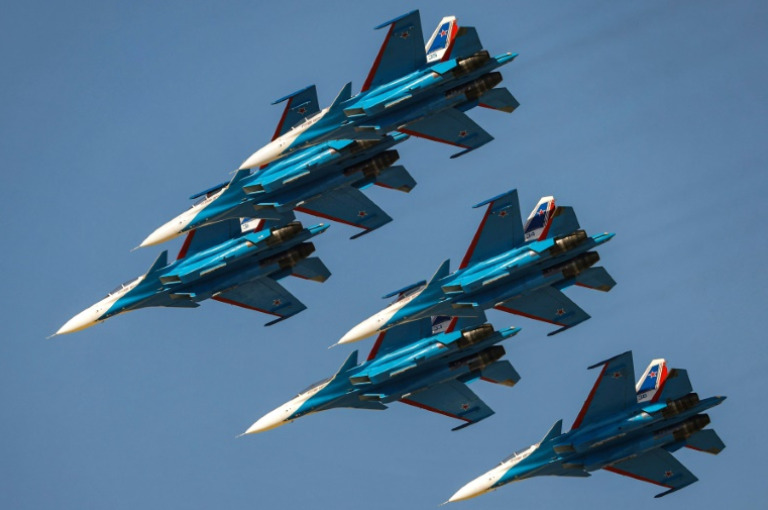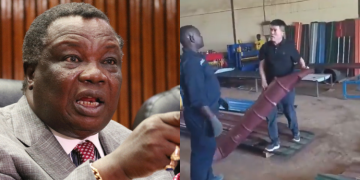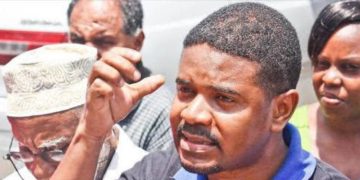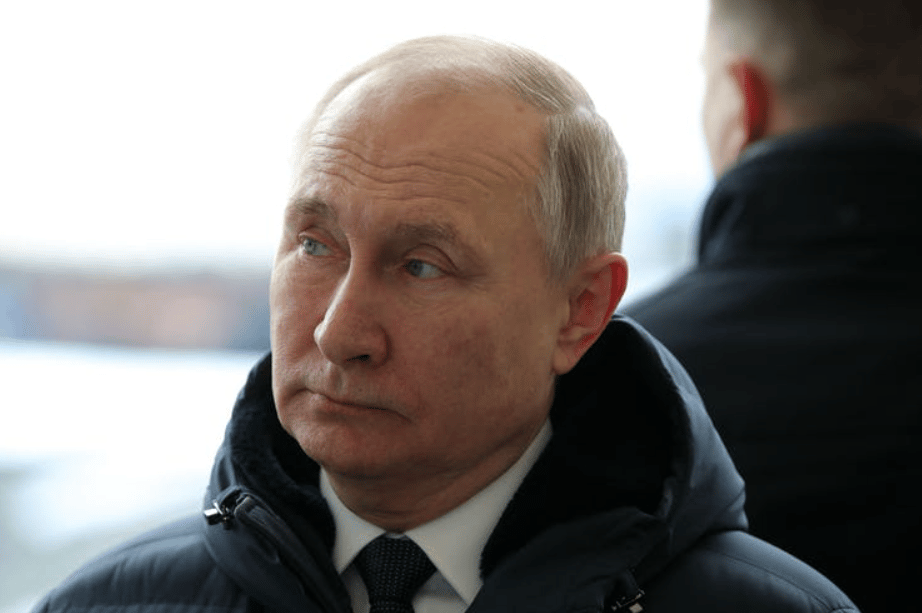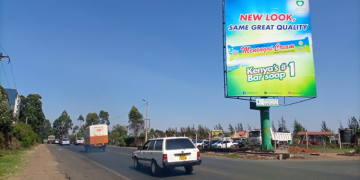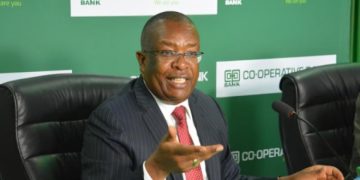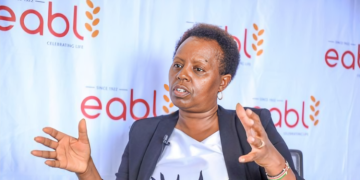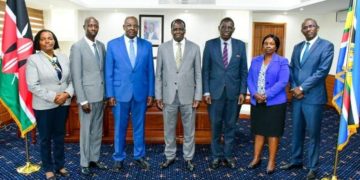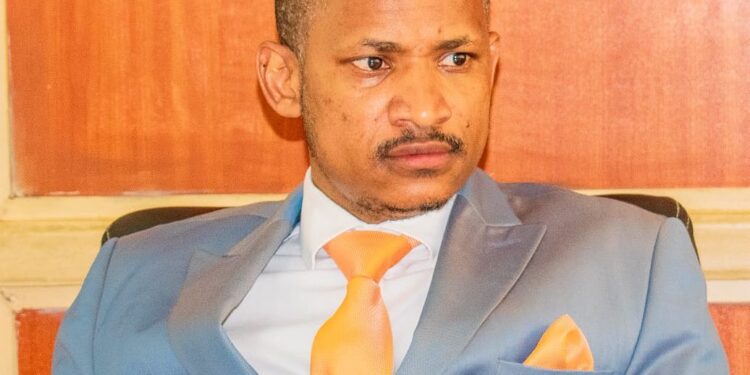Embakasi East Member of Parliament (MP) Paul Ongili alias Babu Owino has said Kenyans should not celebrated the 60th Jamhuri Day.
In a statement on Facebook, Babu Owino stated that Kenya is still dependent on foreign nations 60 years after attaining independence.
“On such a day today, Kenya became an Independent country, but it was all hot air since we are still dependents, dependent not independent of other foreign countries,” said Babu Owino.
Further, the MP said the celebrations are not worth since Kenya is still taking loans which are wasted through theft.

Babu Owino Attacks Ruto’s Govt
Additionally, Babu Owino explained that Kenyans cannot seek medical healthcare, school fees and food.
“There is nothing to celebrate if Kenyans can’t afford medication, nothing to celebrate if parents can’t afford school fees, nothing to celebrate if Kenyans can’t afford three meals in a day,” he stated.
Besides, the ODM MP said Kenyans shouldn’t celebrate since the Jomo Kenyatta International Airport (JKIA) is still facing constant blackouts. He added that small scale businesspeople do not have funds to restock.
“Nothing to celebrate if we are still using candles at JKIA and if mama mboga has no stock for her business,” added the MP.
Again, he explained that President William Ruto should resign if Kenyans must celebrate Jamhuri Day.
“There is nothing to celebrate if Ruto is still the President and not the resident,” he added.
Also Read: Ruto Finally Unveils Winners of 2022 Jamhuri Day Scholarships to Arizona
Jamhuri Day History
Jamhuri Day is one of the most important national holidays in Kenya. It is celebrated on December 12 each year.
Jamhuri is a Swahili word for “republic” and the holiday officially marks the date when Kenya became an independent country on 12 December 1963.
This was six months after gaining internal self-rule on 1 June 1963 (Madaraka Day) from the United Kingdom.
Also Read: Why Sakaja Needs Ruto for Protection – Babu Owino
Kenya later became a republic, with the inauguration of Jomo Kenyatta as president taking place on 12 December 1964, exactly one year after Kenya attained independence in 1963.
Furthermore, Kenyatta, having previously been sworn in as Prime Minister, continued as prime minister of newly independent Kenya, before assuming the position of President one year after Independence Day.
This historical event is significant because it symbolizes the end of colonial rule and the beginning of self-governance for the Kenyan people.



